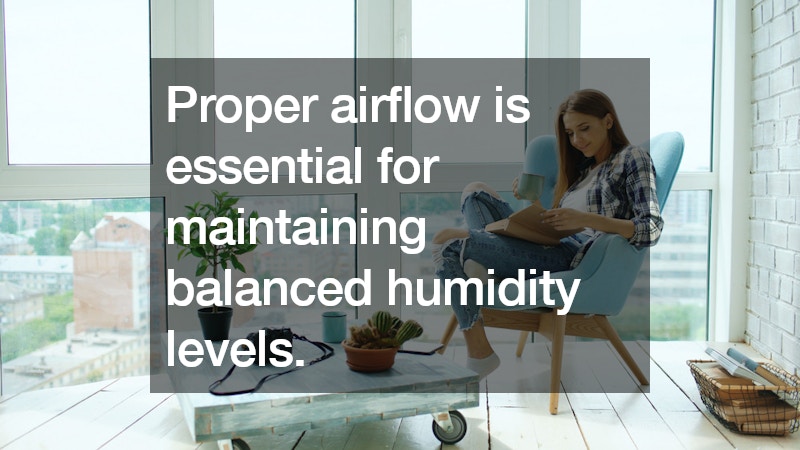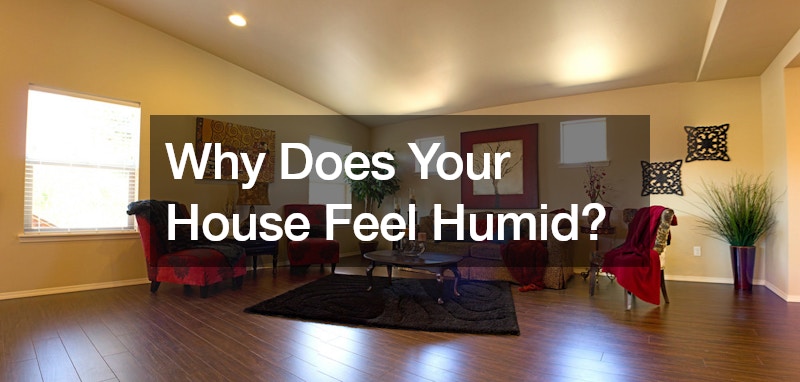Feeling uncomfortable in your own home due to excessive humidity can be frustrating. Understanding the causes behind why your house feels humid can help you address the issue effectively and create a more comfortable living environment. High humidity levels can lead to various problems, including mold growth, structural damage, and health issues. Here are some common reasons why your house feels humid and what you can do about it.
Poor Ventilation
One of the primary reasons why your house feels humid is poor ventilation. Proper airflow is essential for maintaining balanced humidity levels. Without adequate ventilation, moisture from daily activities such as cooking, showering, and even breathing can accumulate indoors. Ensuring that your home has sufficient ventilation, especially in areas prone to moisture like bathrooms and kitchens, can help mitigate this issue. Installing exhaust fans and opening windows can improve air circulation and reduce indoor humidity.
Weather Conditions
External weather conditions significantly impact indoor humidity levels. In regions with high humidity, such as coastal areas or during rainy seasons, the outdoor air carries a lot of moisture. This moisture can easily infiltrate your home, making the indoor environment feel damp and uncomfortable. Using a dehumidifier can help remove excess moisture from the air and maintain a more comfortable humidity level inside your home.
Leaks and Water Intrusion
Water leaks and intrusion are common culprits behind why your house feels humid. Leaky roofs, walls, or plumbing can introduce excess moisture into your home. This not only raises humidity levels but also creates an environment conducive to mold growth and structural damage. Regularly inspecting your home for leaks and promptly repairing any issues can prevent moisture buildup. Sealing windows, doors, and any other potential entry points for water can also help keep your home dry.
Inadequate Insulation
Inadequate insulation can lead to condensation and increased indoor humidity. Poorly insulated walls, ceilings, and floors allow outdoor moisture to seep into your home. Additionally, warm, humid air from outside can cause condensation on cooler surfaces indoors, contributing to the feeling of dampness. Upgrading your home’s insulation can help maintain a consistent indoor temperature and reduce humidity levels.
Understanding why your house feels humid involves considering factors like poor ventilation, weather conditions, water leaks, inadequate insulation, indoor plants, and daily activities. Addressing these issues through improved ventilation, repairing leaks, enhancing insulation, and using dehumidifiers can help maintain a comfortable humidity level in your home. By taking these steps, you can create a healthier and more enjoyable living environment.
.




